Oye Ambala! How Residents & Authorities Came Together to Clean the Entire City
“The one thing that I said over and over everywhere I went was that Ambala would not become Paris in 60 days, but it would certainly be recognised for its cleanliness,” says the founder of this project. .

In 2017, the city of Ambala found itself ranked 308 out of 500 cities in the Swachh Sarvekshan 2017 survey. Like many other cities in the country, Ambala could also have continued without paying any heed to the ranking.
Fortunately for this city, its residents and the Municipal Commissioner, Satyender Duhan decided to turn things around.

The general public perception that Municipal Corporations do nothing was what Satyender wanted to change. In a conversation with The Better India, he spoke about how and why he worked with the people of Ambala to bring about this change.
“I took charge 16 months ago in November 2016, and the one complaint that I heard everywhere I went was about the open garbage bins, the mounting piles of uncleared garbage, and the filth that people were living in,” he said.
Taking cognisance of all these complaints, a project named OYE! Ambala was launched, on July 13, 2017. OYE, which is an abbreviation for Open Your Eyes, is the brainchild of Commissioner Satyender, which is being executed by his team and the residents of Ambala.
The objective of the campaign was to achieve 30% waste segregation at source in 60 days and to follow the Municipal Solid Waste Rules 2016, in letter and spirit.
“While the launch did happen it was challenging to get people on-board given their skepticism at this working out.”
“We went from door-to-door talking and convincing people of the benefits of this project,” says Satyender.
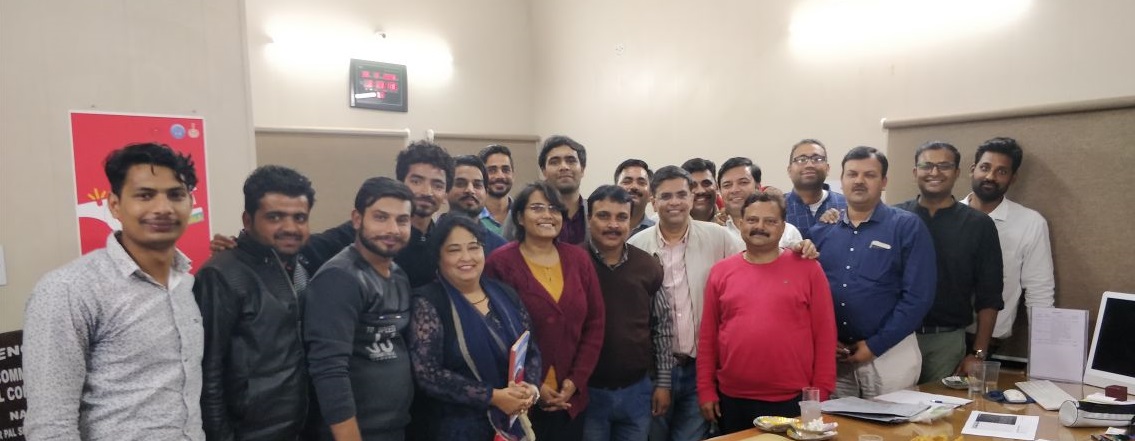
“The one thing that I said over and over everywhere I went was that Ambala would not become Paris in 60 days, but it would certainly be recognised for its cleanliness,” he says.
How did OYE! Ambala work?
An extensive survey of almost 20 wards covering Ambala city and Ambala Cantonment was undertaken under this project.
The objective of the survey was to understand the root of the problem—what was stopping the city from managing the waste being generated?
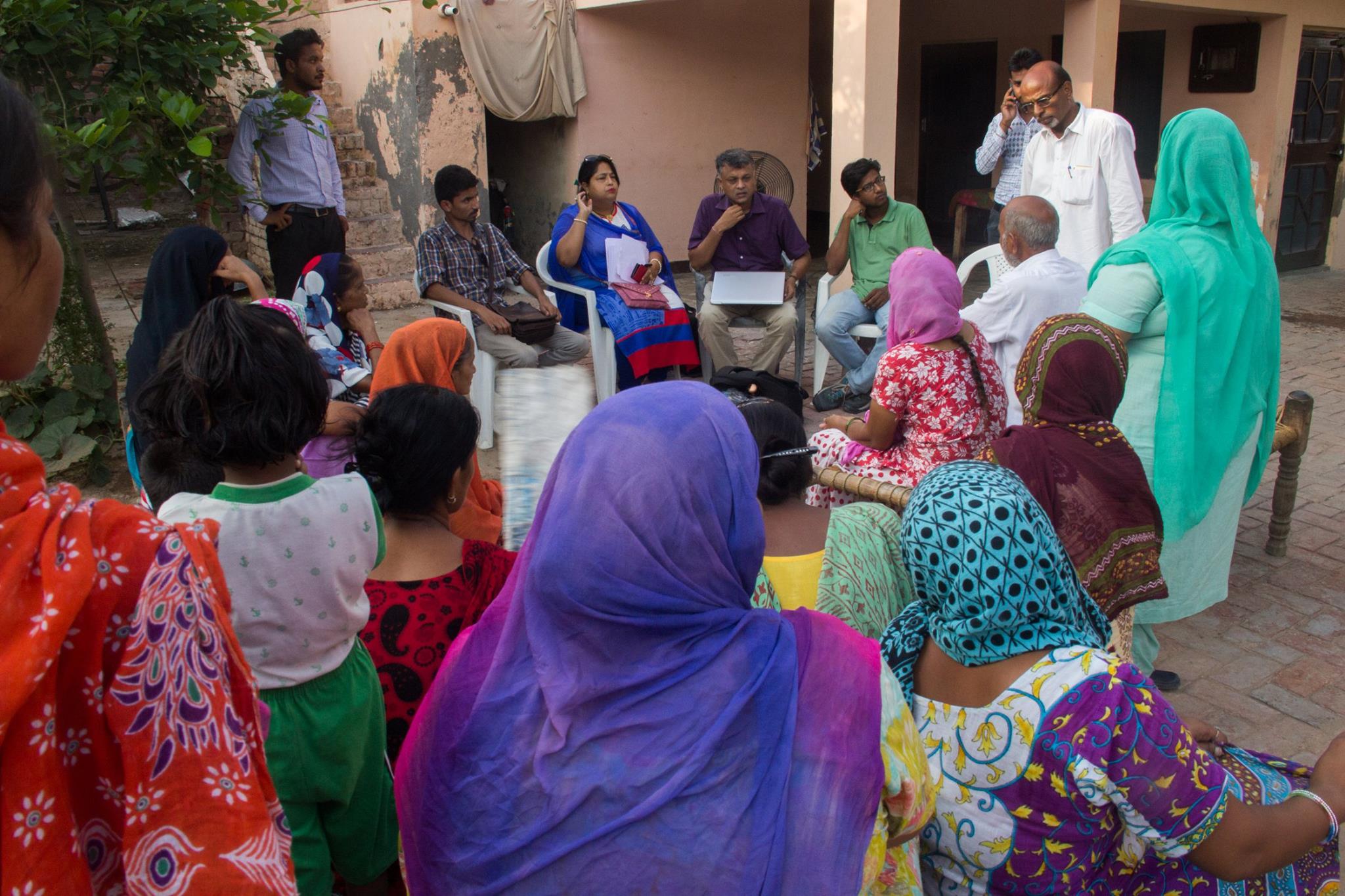
Volunteers went door-to-door to find out what happens to household waste, who collects it and how frequently. In a parallel exercise, every dumping site (assigned and non assigned) was mapped.
Mobilisation of people
Once the initial survey was completed, another campaign was launched to ensure the proper dissemination of information.
Training programmes were held for the safai karamcharis and the sanitation team of Municipal Corporation, Ambala.
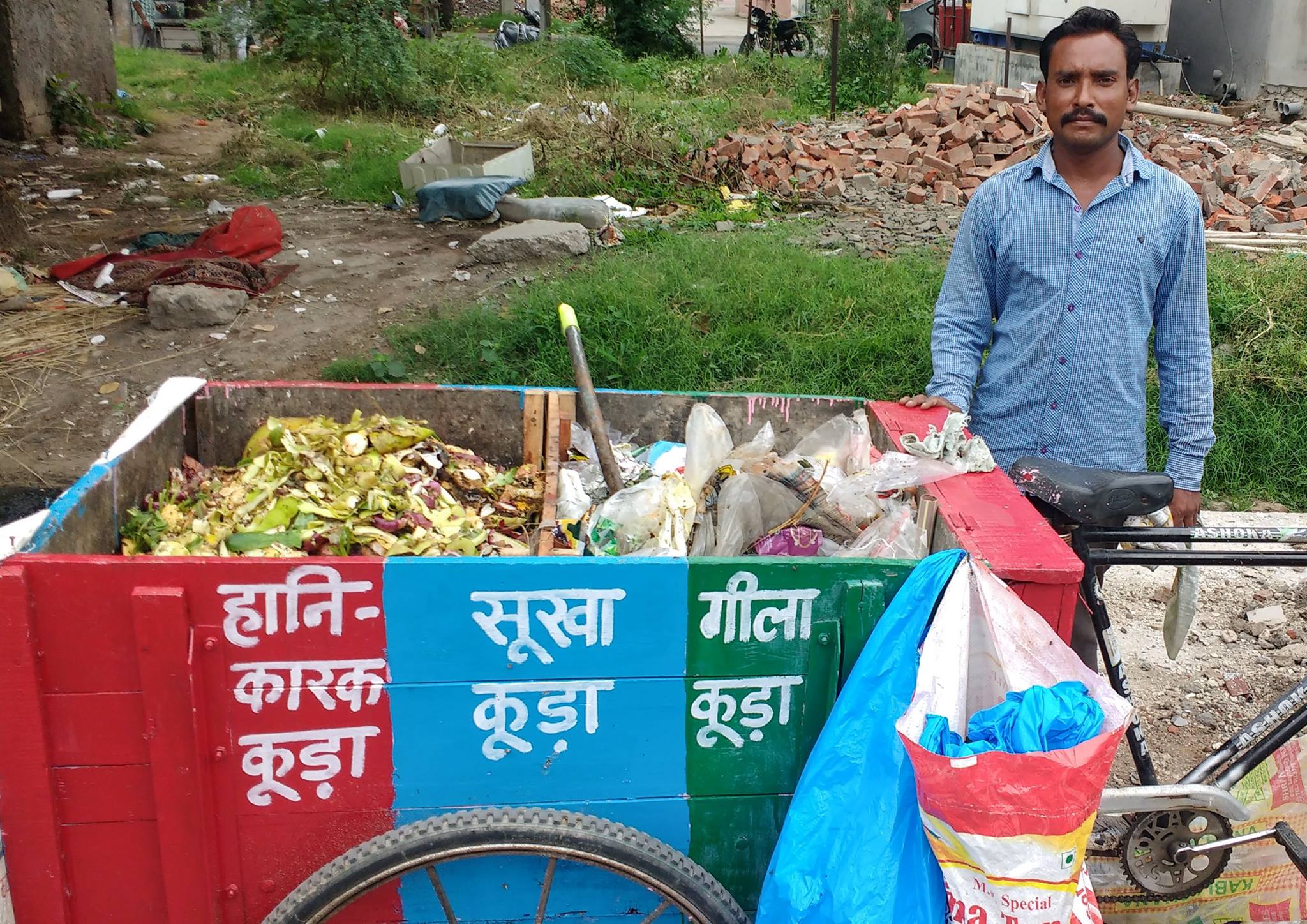
Not just households even commercial establishments, hospitals, educational institutions, and even banquet halls across the city were contacted to participate in this programme.
What is solid waste management?
Municipal Solid Waste Management (MSWM) refers to a systematic process that comprises of waste segregation and storage at the source, primary collection, secondary storage, transportation, secondary segregation, resource recovery, processing, treatment, and the final disposal of solid waste.
“Residents who agreed to come onboard were provided with two different dustbins (blue and green) by the corporation.”
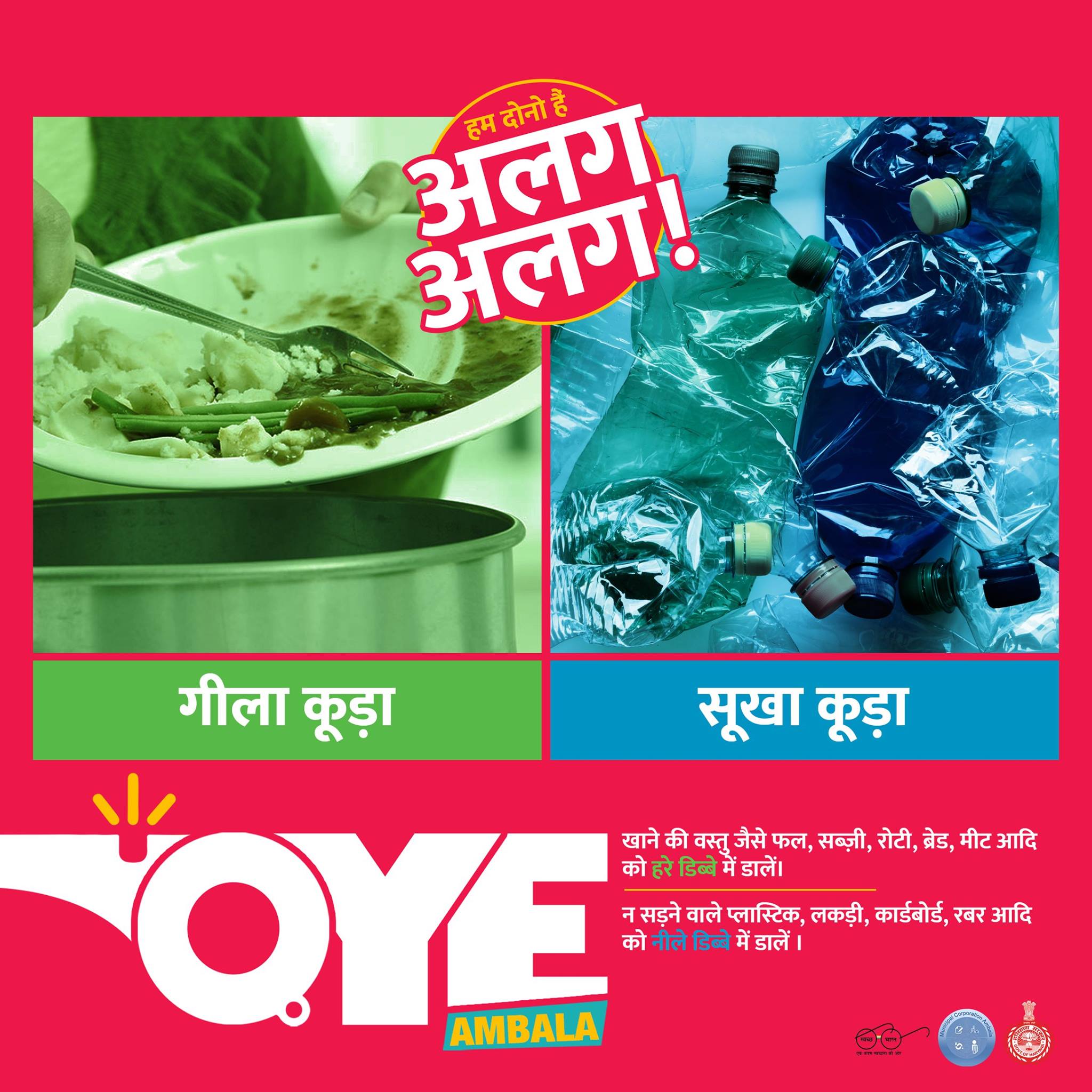
“The collected garbage was then taken to the Solid Waste Treatment Plant at Patvi for treatment,” he said.
Besides this, the corporation also provided every household with unique ID plates that have been installed outside each household. If the waste is not collected, the particular resident will be required click a picture of the unique ID numbers on the plate and upload it on the monitoring screen of the AMC, following which the contractor would be fined Rs 1000 per day.
While this punitive clause ensures that the corporation does its job, Satyender has added another feature to ensure that residents follow the waste management system.
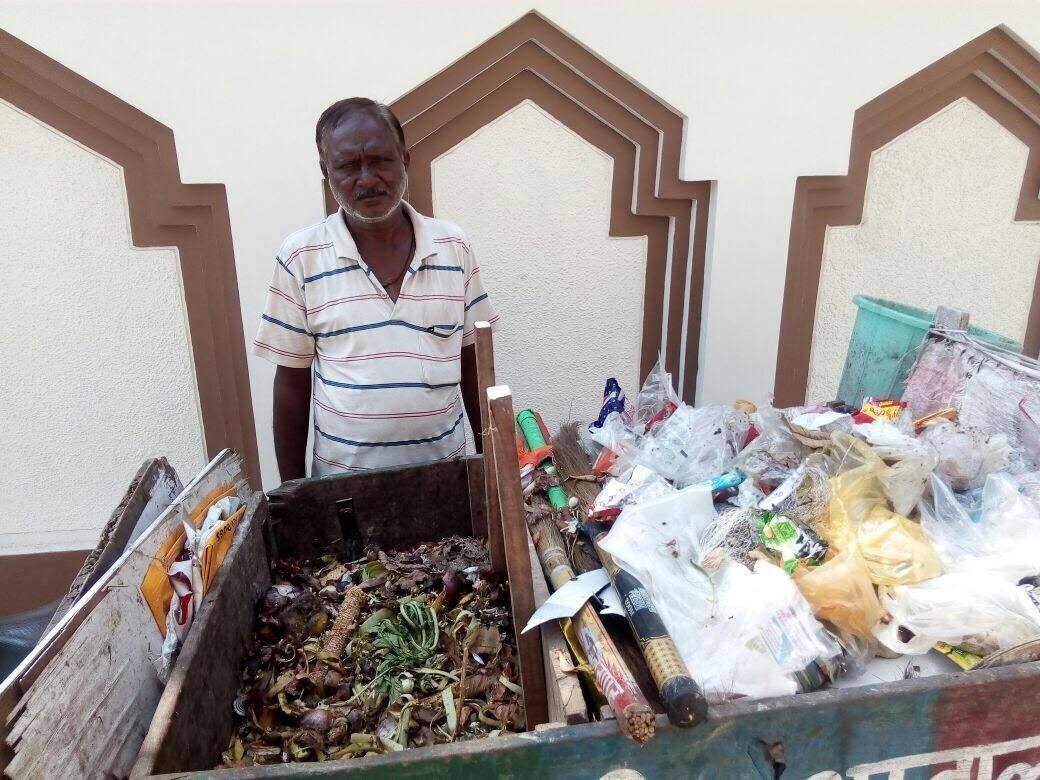
“If a particular resident does not provide the workers with the segregated waste for three consecutive days, then the worker can upload the picture of the unique ID plate on the monitoring screen of the AMC and the corporation will impose a fine of Rs 100 on the house owner,” he explained
While the next survey under Swachh Sarvekshan is scheduled for later this year, Ambala has not just cleaned up their act but have also set an example for all those towns and cities that are grappling with their waste.
(Edited by Gayatri Mishra)
You May Also Like: Madurai Hotels to Compost Waste, Grow Organic Vegetables for Self-Use!
Like this story? Or have something to share?
Write to us: [email protected]
Connect with us on Facebook and Twitter.
NEW: Click here to get positive news on WhatsApp!
This story made me
- 97
- 121
- 89
- 167
Tell Us More
We bring stories straight from the heart of India, to inspire millions and create a wave of impact. Our positive movement is growing bigger everyday, and we would love for you to join it.
Please contribute whatever you can, every little penny helps our team in bringing you more stories that support dreams and spread hope.



















